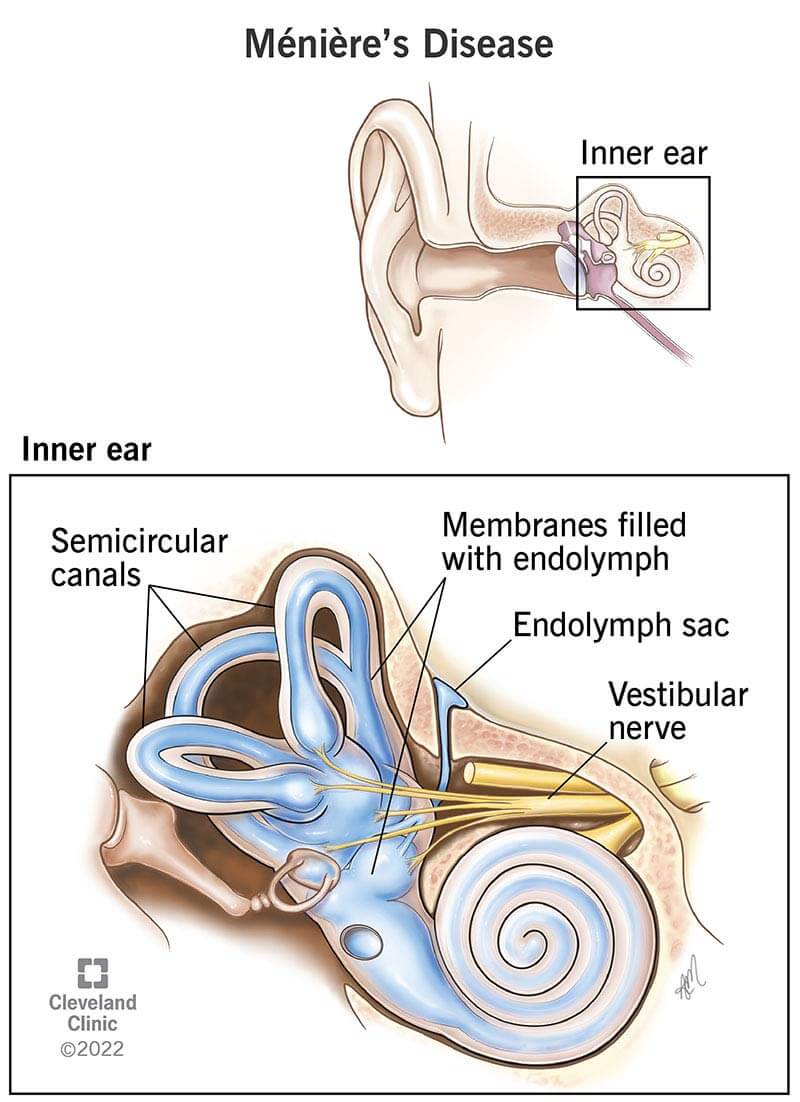A nurse is teaching a client about fecal occult blood testing (FOBT) for the screening of colorectal cancer. Which of the following statements should the nurse include in the teaching?
“Your provider will use stool from your digital rectal examination to perform the test.”
“Your provider will prescribe a stimulant laxative prior to the procedure to evacuate the bowel.”
“You should begin annual fecal occult blood testing for colorectal cancer screening at 40 years old.”
“You should avoid taking corticosteroids prior to testing.”
The Correct Answer is D
Choice A Reason
“Your provider will use stool from your digital rectal examination to perform the test.” This statement is incorrect. For fecal occult blood testing, stool samples are typically collected at home using a special kit provided by the healthcare provider. The samples are then sent to a lab for analysis. Using stool from a digital rectal examination is not the standard procedure for FOBT.
Choice B Reason
“Your provider will prescribe a stimulant laxative prior to the procedure to evacuate the bowel.” This statement is incorrect. Stimulant laxatives are not typically prescribed before an FOBT. The test requires a small sample of stool, and using a laxative could interfere with the results. Patients are usually advised to follow specific dietary and medication guidelines to avoid false positives or negatives.
Choice C Reason
“You should begin annual fecal occult blood testing for colorectal cancer screening at 40 years old.” This statement is incorrect. Current guidelines recommend starting colorectal cancer screening, including FOBT, at age 45 for individuals at average risk. Screening may start earlier for those with a higher risk, such as a family history of colorectal cancer.
Choice D Reason
“You should avoid taking corticosteroids prior to testing.” This is the correct statement. Corticosteroids can cause gastrointestinal irritation and bleeding, which may lead to false-positive results in fecal occult blood tests. Therefore, it is important to avoid these medications before testing.
Nursing Test Bank
Naxlex Comprehensive Predictor Exams
Related Questions
Correct Answer is D
Explanation
Choice A Reason
Maintain strict bed rest. This intervention is not typically recommended for managing Ménière’s disease. While rest during acute vertigo episodes is important, strict bed rest is not necessary and can lead to other complications such as muscle atrophy and decreased mobility.
Choice B Reason
Restrict fluid intake to the morning hours. This statement is incorrect. Fluid intake should be evenly distributed throughout the day to help manage the symptoms of Ménière’s disease. Restricting fluids to the morning hours can lead to dehydration and does not effectively manage the condition.
Choice C Reason
Administer aspirin. This intervention is not recommended for Ménière’s disease. Aspirin can worsen tinnitus, a common symptom of Ménière’s disease, and is generally avoided in these patients.
Choice D Reason
Provide a low-sodium diet. This is the correct intervention. A low-sodium diet helps reduce fluid retention in the body, which can decrease the pressure in the inner ear and help manage the symptoms of Ménière’s disease. Reducing sodium intake to 1,500-2,000 milligrams per day is often recommended.

Correct Answer is ["A","B","E"]
Explanation
Choice A Reason:
Using an electric shaver is recommended for clients who have received chemotherapy because it reduces the risk of cuts and bleeding. Chemotherapy can lower platelet counts, leading to an increased risk of bleeding. Traditional razors can cause nicks and cuts, which can be problematic for clients with low platelet counts.
Choice B Reason:
Avoiding crowds is crucial for clients who have received chemotherapy because their immune systems are often weakened, making them more susceptible to infections. Crowded places increase the risk of exposure to pathogens, which can lead to serious infections in immunocompromised individuals.
Choice C Reason:
Taking temperature weekly is not sufficient for clients who have received chemotherapy. These clients are at a higher risk of infections, and any sign of fever should be monitored closely. It is generally recommended to take the temperature daily or more frequently if the client feels unwell.
Choice D Reason:
Consuming a low-residue diet is not typically necessary for clients who have received chemotherapy unless they are experiencing specific gastrointestinal issues. A balanced diet with adequate nutrients is usually recommended to support overall health and recovery.
Choice E Reason:
Monitoring for bruising is important for clients who have received chemotherapy because it can indicate low platelet counts or other bleeding disorders. Early detection of bruising can help in managing and preventing more serious bleeding complications.
Whether you are a student looking to ace your exams or a practicing nurse seeking to enhance your expertise , our nursing education contents will empower you with the confidence and competence to make a difference in the lives of patients and become a respected leader in the healthcare field.
Visit Naxlex, invest in your future and unlock endless possibilities with our unparalleled nursing education contents today
Report Wrong Answer on the Current Question
Do you disagree with the answer? If yes, what is your expected answer? Explain.
Kindly be descriptive with the issue you are facing.
